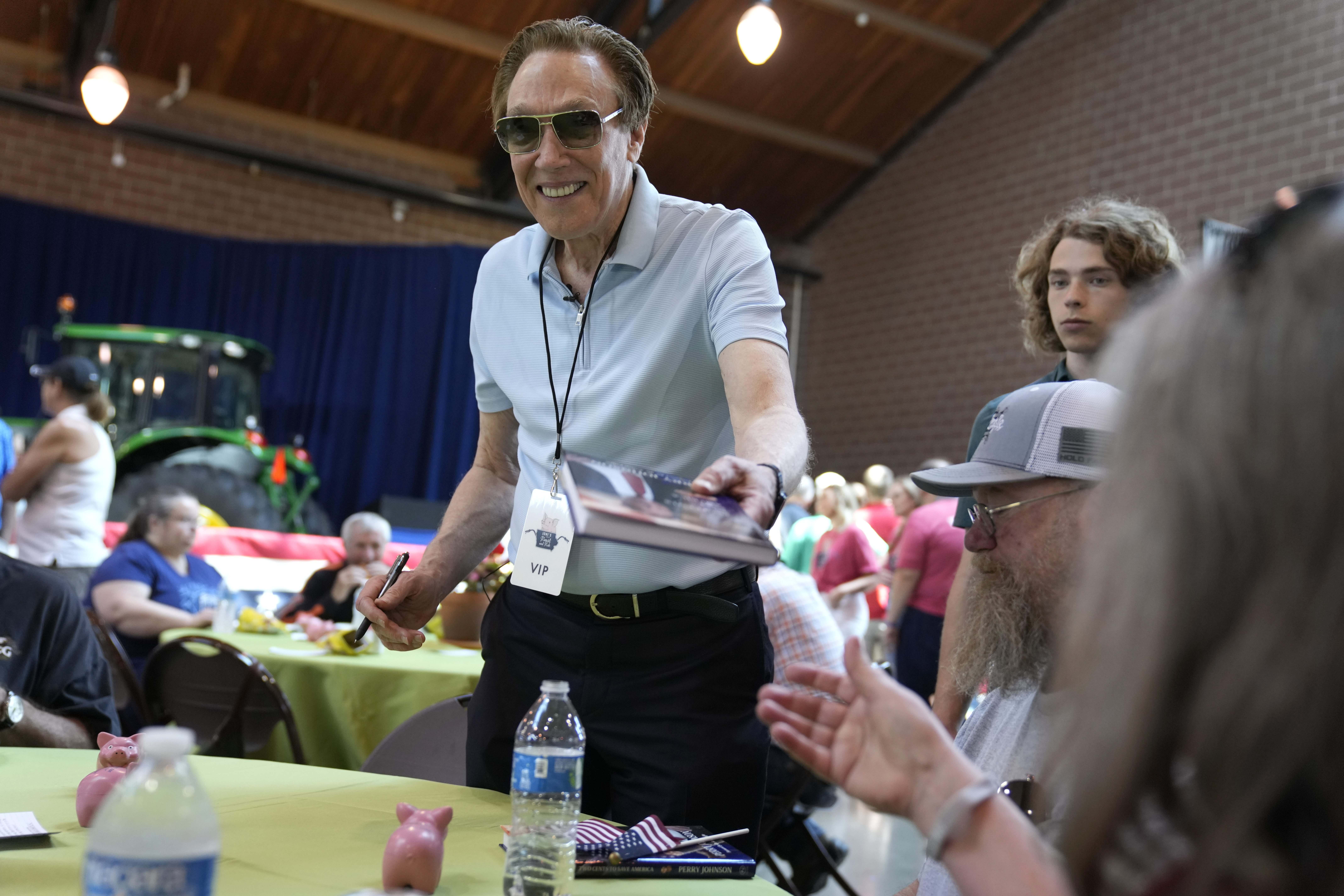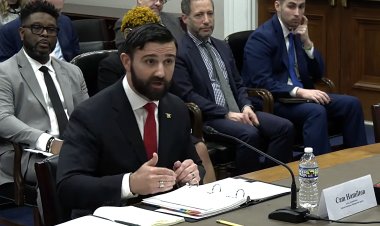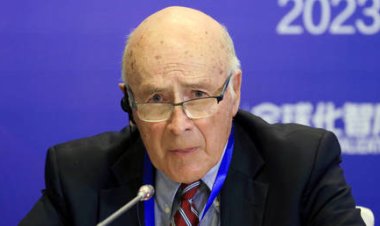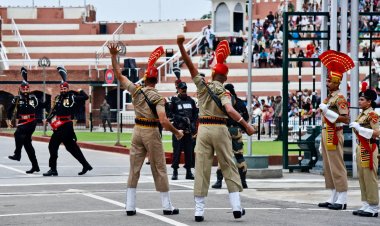GOP candidates' $1 T-shirt tactic: Clever fundraising ploy or desperate debate-stage bid?
Candidates will be required to have at least 40,000 donors to face off in August.


Perry Johnson is hawking a T-shirt on Facebook with the words “I stand with Tucker,” and a vague artistic likeness of former Fox News host Tucker Carlson. The price? $1.
The Michigan businessman and longshot GOP presidential candidate is taking a loss on the deal. But that $1 has more than a dollar in value for candidates who, like Johnson, are engaged in a mad dash for new donors they'll need to qualify for upcoming debates under the Republican National Committee’s new criteria.
Under the new rules, candidates will be required to have at least 40,000 donors to make the Aug. 23 debate stage, including at least 200 from 20 distinct states. They will also have to garner at least 1 percent in three qualifying polls, two of them national, after July 1. And they must commit to supporting the eventual Republican nominee.
Fundraising schemes where campaigns offer free shirts, books or other items in exchange for even the smallest donations can be expensive in the short-term, as campaigns spend heavily on merchandise and digital advertising. The minuscule donations hardly cover their costs.
But the contributions afford longshot candidates the chance to appear on the debate stage alongside frontrunners including former President Donald Trump and Florida Gov. Ron DeSantis later this summer — an opportunity they can’t put a price tag on.
Several other candidates besides Trump and DeSantis are all but guaranteed to make the debates. Former South Carolina Gov. Nikki Haley’s campaign told POLITICO that she already surpassed the 40,000 donor threshold. Entrepreneur Vivek Ramaswamy said he has, too, although he has continued to run Facebook ads this week asking for $1 to “secure a prime spot” on the debate stage. Sen. Tim Scott (R-S.C.) has not confirmed a donor number but has a strong fundraising history.
Former Vice President Mike Pence and former New Jersey Gov. Chris Christie — both of whom are kicking off their campaigns this week — will have a shorter window but enjoy high name recognition. North Dakota Gov. Doug Burgum, who is expected to announce his campaign on Wednesday, has the ability to self-fund but will have to find donors too to have a shot at the debate stage.
Longshot candidates have a steeper climb. Johnson’s campaign has spent just shy of $28,000 on Facebook ads in the past week, according to the platform’s data, more than any other Republican presidential candidate over that period.
A spokesperson for his campaign said Johnson was “well on his way” to meeting debate qualifications, but did not specify how many donors he has so far. His campaign also criticized the RNC’s criteria as “unprecedented” and argued early-state polling should matter more than national polls or donations.
Former Arkansas Gov. Asa Hutchinson, who has distinguished himself as the main anti-Trump candidate in the field, was similarly critical of the debate requirements as serving campaigns that “generate online donations through extreme rhetoric and scare tactics.” The former governor’s campaign has not resorted to giving away T-shirts in exchange for $1 but his website includes a button with the phrase: “Donate To Get Asa in the Debate!”
The threshold of 40,000 donors occupies a relatively small share of the universe of Republican donors. WinRed, the primary GOP fundraising platform, saw more than 2.5 million individual donors to federal campaigns and committees during the 2022 cycle, according to a POLITICO analysis of data from the Federal Election Commission. Presidential primaries are also an opportunity for the party to grow its donor base.
When Democrats put forward a donor threshold for their 2020 primary candidates, the rush for online donations caused roughly half the field to spend more than they raised early in the cycle. Many of the candidates who struggled financially made the first debates but dropped out before the first primaries began, or after winning only a small share of votes in Iowa and New Hampshire.
Republican candidates hope to avoid similar financial and political challenges. They are helped by the donor requirement being slightly lower than it was for Democrats four years ago. GOP campaigns also generally spend less on Facebook than their Democratic counterparts.












